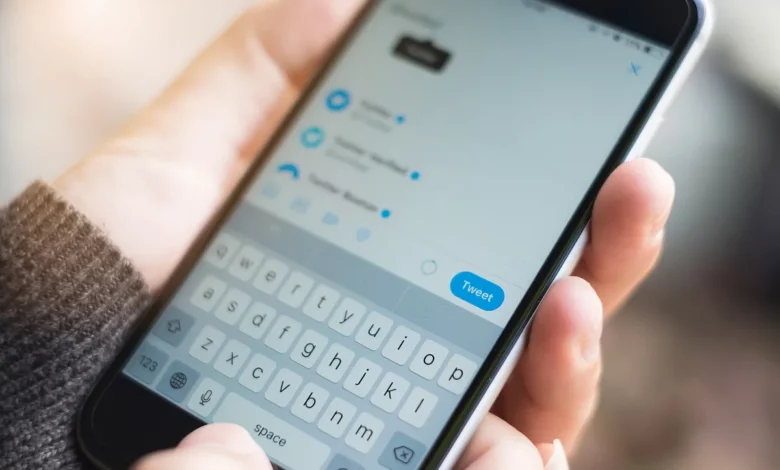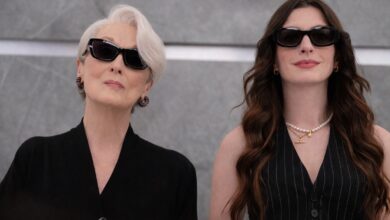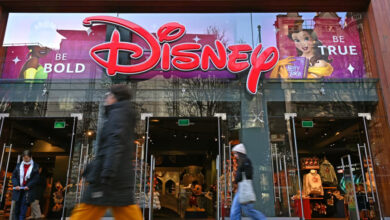
Washington CNN Business — Disney’s analysis of Twitter in connection with a potential 2016 acquisition led the entertainment giant to conclude that “substantial” numbers of accounts on the social media service were fake, according to former Disney CEO Bob Iger.
The revelation prompted Disney to lower its estimated value for Twitter, said Iger, speaking at Vox Media’s Code Conference on Wednesday.
Elon Musk pauses and looks down as he speaks during a press conference at SpaceX’s Starbase facility near Boca Chica Village in South Texas on February 10, 2022.
Judge denies Elon Musk’s request to delay Twitter trial following whistleblower disclosure
Iger’s remarks quickly caught the attention Elon Musk, who has made the prevalence of spam accounts a central argument for why he should be allowed to back out of an agreement to buy Twitter for $44 billion. In response to a post about Iger’s comments, Musk tweeted: “Interesting …”
Twitter has long said spam accounts represent less than 5% of its monetizable daily active users. Musk has alleged that Twitter likely under reports the true share of spam accounts. Twitter has defended its estimates and sued Musk to complete the deal, arguing the billionaire is looking for a pretense to get out of a deal he now views as overvalued.
While Musk initially said he wanted to buy Twitter to “defeat the spam bots” and also ensure the social network remained a trusted platform for democracy, Iger and Disney had very different aims for a possible acquisition.
Disney had been considering Twitter as a possible distribution channel for entertainment content, Iger said Wednesday, adding it would have been a “phenomenal solution” for Disney and that the two companies had very nearly completed their talks. But Iger ultimately decided that Disney was unprepared to moderate a platform as freewheeling as Twitter, or to have it be so closely associated with Disney’s brand.
“You have to look, of course, at all the hate speech and potential to do as much harm as good,” Iger said. “We’re in the business of manufacturing fun at Disney — of doing nothing but good, even though there are others today that criticize Disney for the opposite, which is wrong. This was just something that we were not ready to take on, and I was not ready to take on as the CEO of a company, and I thought it would have been irresponsible.”
Highlighting the amount of due diligence Disney performed as it weighed a deal with Twitter, Iger said the company did “look very carefully” at the issue of fake accounts.
“We at that point estimated with some of Twitter’s help that a substantial portion — not a majority — were not real,” Iger said. “I don’t remember the number, but we discounted the value heavily. But that was built into our economics. Actually, the deal we had was pretty cheap.”
In the discussion at the Code Conference, Iger, one of the most important figures in the history of Hollywood, also touched on the entertainment industry. He offered a dire prediction for the movie business: the theater industry may never return to its pre-pandemic heights.
“I think the wound that the moviegoing businesses has suffered, which began really with Covid, and it was exacerbated or hastened by Covid, it resulted in a permanent scar,” Iger said. “I don’t think movies ever return, in terms of moviegoing, to the level that they were at pre-pandemic.”
Iger’s reasoning for this was that there’s too much competition and choice now.
“[Consumers] learned to find shows that they like… They love the flexibility it gives them from a time perspective, and it replaces moviegoing,” he said. “It doesn’t mean moviegoing goes away. I’m a big believer in movies. I love big movies. I like going to theaters and watching with basically a communal experience with a lot of other people going out of the house. That won’t go away, but it doesn’t come back to where it was.”




